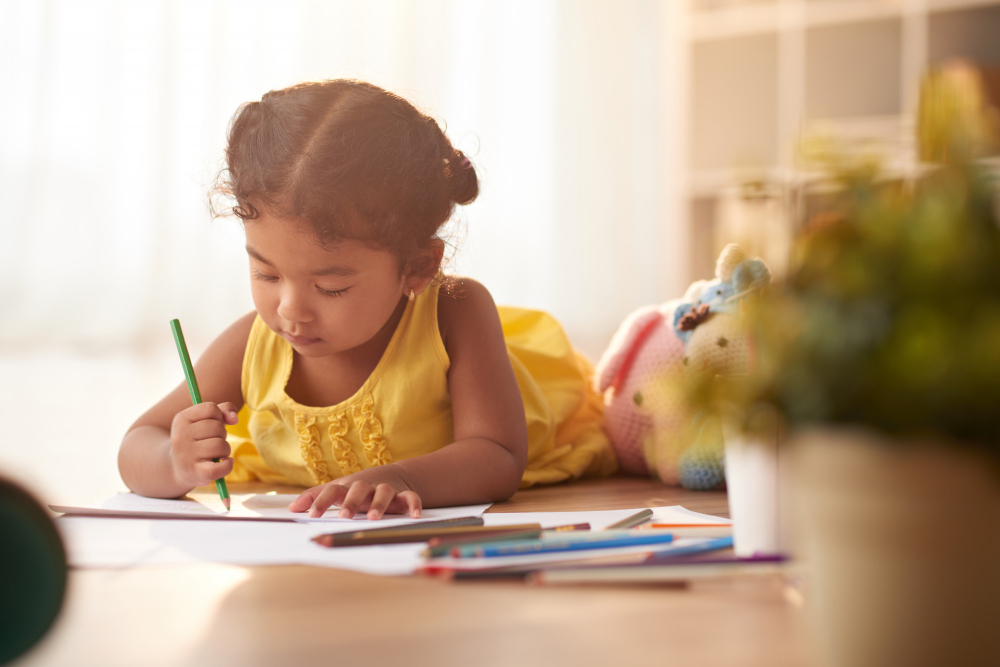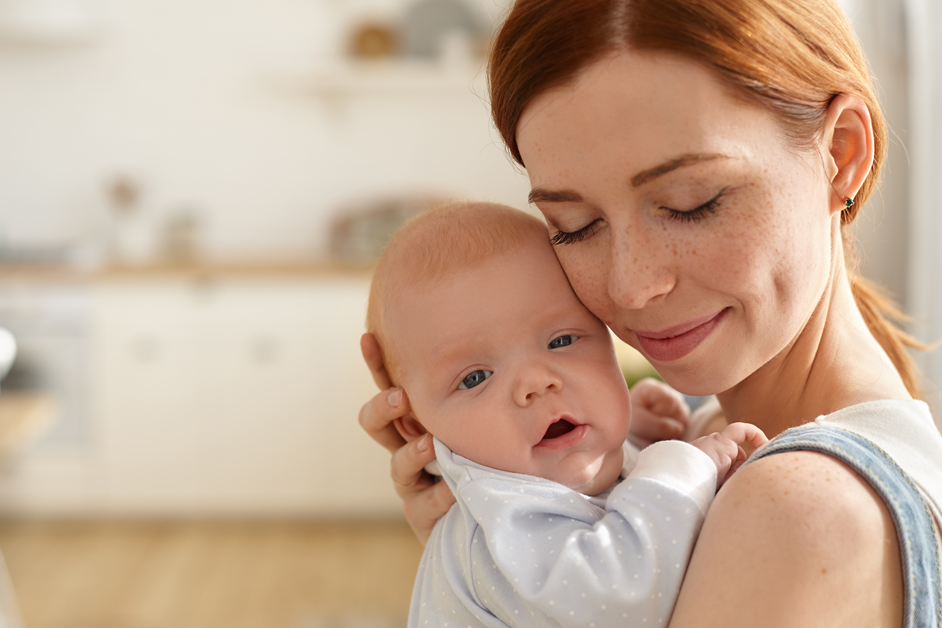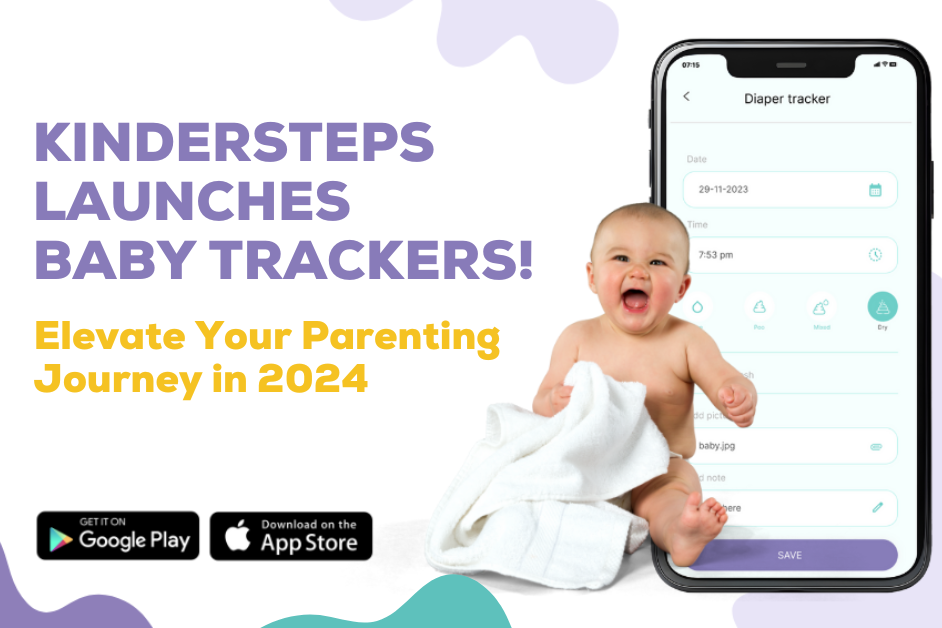8 Key Areas Your Toddler Experiences in their Development Journey and How to Help Them
During toddlers’ development years, they go through “sensitive periods” when the brain’s wiring for specific abilities is established.
Early childhood development sets the foundation for lifelong learning, behavior, and health.
Toddlers are in constant discovery mode but need to be exposed to 8 critical areas in order to maximize their development growth.
Not only are toddlers developing physically and emotionally, but they are also expanding their abilities in other ways. They’re discovering new experiences, using their imagination, asking lots of questions, and actively moving. Some research suggests that the more active a toddler is, the more likely they are to be active for their entire youth.
Here are 8 key areas to look out for when toddlers are going through their development journey and how to encourage them through this chapter.
1. Self Discovery
A crucial turning point is when toddlers become more aware of themselves and their surroundings. You’ll start to notice they’re able to recognize themselves in pictures or a mirror. They may even become a bit more defiant as they gain their independence. You can help them develop skills for lifelong learning in this stage by encouraging them to:
- Distinguish self from others
- Problem-solve through exploration and play
- Develop independence (even if it’s a little defiant!)
- Developing attachment to caregivers
- Building relationships with other children
- Expressing emotions
- Showing empathy toward the feelings of others
- Playing with others
- Imitating
- Exploring construction and creative materials
- Identifying pictures verbally
- Initiating specified body movements, for example, grasping, twisting, turning head, and wiggling fingers
- Movement of the whole body-rolling crawling, cruising, walking, running, balancing
- Walking while holding objects in one hand
- Introducing music
- Responding to music by humming, singing, clapping, and tapping
- Imitating sound and beat
- Developing vocal pitch sounds
- Listening and responding
- Communicating using body language
- Verbalizing feelings
- Discovering picture books and verbalizing objects
- Taking pleasure in stories, rhymes, songs, and movement
- Exploring objects by touching, feeling, seeing, listening or smelling
- Discovering object stability
- Noticing how same or different things are
- Develop an understanding of full and empty
- Knowing the difference between up and down, in and out
- Experiencing "more"
- Discovering "less"
- Understanding "fast" and "slow"
- Developing a concept of the number of things
- Stacking blocks and piecing things together
- Repeating an action
- Putting together simple puzzles
Helping toddlers experience positive social development is key to influencing their self-confidence, empathy, and the ability to develop meaningful friendships. When you recognize these behaviors and patterns, encouraging them to explore that nature is KEY. You’ll notice they become curious about:
Creativity is an important outlet that can nurture a child’s emotional health. It provides opportunities for trying out new ideas, new ways of thinking and alternative problem-solving methods. You can encourage them to express themselves creativity through:
There are so many benefits to promoting health and wellness. Stronger bones, muscles, and overall healthier composite benefit toddlers today and in the long run. It also supports cardiovascular wellness and helps in the development of better motor skills in concentration and thinking. You can also encourage playtime to bring out these skills by:
Music can ignite a fire within your toddler that not only improves their academic capabilities but also their social, emotional, motor, and overall literacy. Explore music with your toddler by:
As a toddler’s caregiver, you need to create an environment to help them become good communicators and listeners. All you need to do is communicate with them - a lot! You can also help them develop this skill by:
From the food toddlers eat, to the toys they play with, to the way they get around, science is everywhere. Science sharpens their critical thinking skills, helping them learn to ask questions, make predictions, observe, test, and communicate their findings. You can help them develop these key skills by:
“Early math skills have the greatest predictive power, followed by reading and then attention skills,” reports a psychology group led by Greg J. Duncan.
Like science, math helps toddlers with life skills. By working through the problems, they can effectively learn to problem solve, measure and develop spatial awareness and understand shapes. You can work on an introduction to math by getting them involved in activities where they’ll be:
Habits Today Develop a Fulfilled Toddler Tomorrow
Toddlers go through an incredible experience of discovering new skills, patterns, and communication language for the first time. Helping them excel in not only one key area that they’re good at but all 8 in their development journey ensures they’re able to mature physically, emotionally, and intellectually.
With so many moving pieces involved in caring for a toddler, staying organized between all 8 of these key development areas can be challenging.
Are you interested in seeing how to support the way your child thinks, plays, and grows without having to add another thing to your to-do list?
Parents - meet Kindersteps. We make it easy for you to find activities to engage your toddler in each critical area they need for well-rounded growth. You can invite caregivers to do these activities by joining the “family” in our inclusive, easy-to-use app.
Try the app today to find out how we help parents support growth with their children through suggested activities based on their developmental milestones. You can also celebrate their important achievements by uploading photos and videos, connecting with friends/family through a private newsfeed, and learning how to be the best parent you can be through the daily tips on our blog.
Parents - take a breath. You do so much already - we’re here to help.






.jpg?alt=media&token=166b64a9-274c-400c-95e4-baf0013e7e43)
